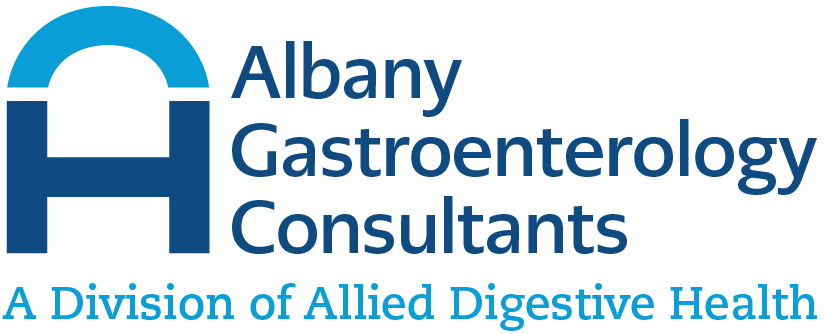What Is Gas?
Gas, also known as flatulence, happens to nearly everyone throughout their lifetimes. Maybe you ate something that disagreed with you, or you drank a fizzy drink too quickly. However, for some, excessive flatulence is a problem. Gas collects in the digestive system and is naturally expelled out through the anus. This type of gas collects in one of two ways—either you swallowed too much air while you were eating or drinking something, or a food your body is trying to digest is producing ample amounts of hydrogen, methane, and carbon dioxide. Excessive gas can also be indicative of a more serious health concern, so if it’s affecting your quality of life, you should consult your physician.
What Causes Flatulence?
There are two main ways that gas is created: through swallowing air and through dietary choices. Many things can cause you to swallow too much air, such as smoking, sucking on candy, drinking carbonated beverages, chewing gum, and eating too quickly. You also may find that if you swallow too much air, you burp quite often as well.
When it comes to dietary choices, there is a list of foods known to cause gas in many patients. Some known offenders include cabbage, broccoli, lentils, beans, prunes, apples, and raisins. While these are healthy foods, they take a longer time to digest than other foods. Also, some of these do not break down completely, which means they travel from the small intestine to the colon without being fully digested. The length of time and lack of absorption can both contribute to flatulence and an unpleasant odor. Fructose-heavy drinks and fruit juice can also cause gas.
When Is Excessive Gas Serious?
It’s estimated that the average person passes gas between 10 and 18 times a day, often without noticing. If gas is passed and has no unpleasant odor, it’s considered healthy. If there is an odor associated with your gas frequently, it may be time to consult your physician. While excessive flatulence certainly can affect quality of life, it can worsen other conditions if left untreated. Also, many underlying conditions are associated with excessive gas, so it’s always best to consult with your doctor. Conditions associated with excessive gas include:
- Gastroesophageal reflux disease (GERD)
- Crohn’s disease and ulcerative colitis (inflammatory bowel disease) (IBD)
- Diabetes
- Celiac disease
- Lactose intolerance
- Irritable bowel syndrome (IBS)
- Eating disorders
- Gastroenteritis
- Constipation
- Chronic pancreatitis
- Dumping syndrome
This is not a comprehensive list, as there are many more gastrointestinal disorders associated with excessive gas.
If you find your gas troublesome, and it also presents with other symptoms, you should consult your gastroenterologist. If you’re experiencing any of these symptoms along with excessive gas, contact your healthcare provider right away:
- Blood in the stool
- Frequent heartburn
- Abdominal pain
- Swollen stomach
- Vomiting
- Diarrhea and/or constipation
- Unexplained weight loss
Any of these symptoms, combined with excessive and noticeable gas, should be checked out by your physician.
How Is Gas Diagnosed?
You may wonder how your healthcare provider will provide you with a diagnosis of excessive gas. First, you’ll have a physical exam where you’ll discuss your most recent symptoms with your doctor. They may want to rule out other gastrointestinal disorders and run tests, such as a complete blood count (CBC). Blood tests can help point your gastroenterologist in the right direction and could reveal a food intolerance (such as celiac disease) while also ruling out other conditions.
Based on your testing, your physician is likely to ask you to keep a food diary, along with any symptoms you experience, for about two weeks. This can give your healthcare provider a better idea as to what may be triggering excessive gas.
Is Gas Preventable?
Every human passes gas many times daily. So, the short answer is no—gas isn’t preventable, and it’s a healthy part of our human function. However, excessive flatulence can sometimes be prevented with lifestyle and habit choices. If, after your food diary, you find that cabbage was causing your excessive flatulence, you can switch to different foods that are much less likely to cause gas.
If you experience excessive flatulence, there are some foods you may want to avoid (dependent on the results of your food diary). In addition to the ones listed above, these foods include:
- Dairy products
- Yeast (as an ingredient in bread, etc.)
- Cashews
- Cauliflower
- Garlic
- Onions
- Wheat
- Oats
Every individual is different, but these are some of the main culprits to avoid to help thwart excessive gas.
To avoid excessive flatulence, some foods that you can eat to avoid excessive flatulence include lettuce, tomatoes, zucchini, okra, meat, poultry, fish, grapes, cherries, avocados, olives, most berries, rice, rice bread, and gluten-free bread. You likely won’t have to eat a bland diet in order to prevent excessive gas, but it’s imperative to find the one trigger, or underlying condition, that is causing the problem.

